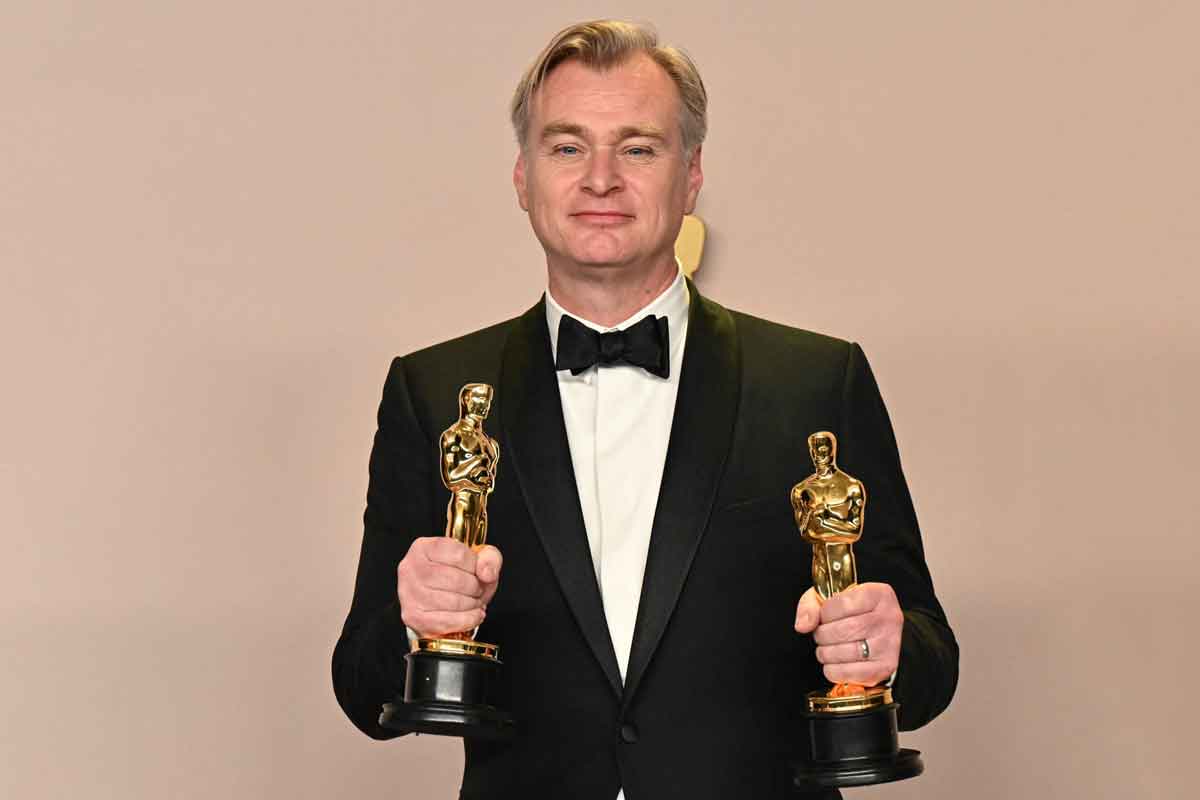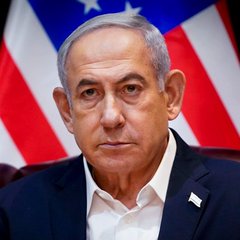Netanyahu, Israel, and the World: A Nation at a Crossroads Amidst Shifting Global Tides
Jerusalem – Prime Minister Benjamin Netanyahu’s Israel finds itself at a pivotal and increasingly contentious juncture on the world stage.
Netanyahu, Israel’s longest-serving prime minister, is navigating a complex web of domestic and international pressures.
The ongoing war in Gaza, launched in response to the Hamas-led attacks, has led to a catastrophic humanitarian crisis and a mounting death toll, galvanizing widespread international condemnation.
In a defiant stance, Netanyahu has vehemently rejected this trend, labeling the recognitions a “reward for terrorism” and vowing that a Palestinian state will not be established on his watch.
Adding to the diplomatic strain are significant legal challenges.
The relationship with its most crucial ally, the United States, has also shown signs of friction.
Netanyahu’s foreign policy, often described as a doctrine of “hawkish neoliberalism,” has prioritized economic independence to enable a more assertive and independent foreign policy.
As Israel navigates this turbulent period, the world watches with a mixture of concern and condemnation. The nation’s future trajectory on the global stage appears intrinsically linked to the outcome of the war in Gaza, the resolution of the Palestinian question, and the political future of its defiant leader, Benjamin Netanyahu. The coming months will be critical in determining whether Israel can mend its fractured relationships and find a new equilibrium in a rapidly changing world, or if it will continue on a path of increasing isolation.
-
Current News Review Links – from The News and Times
- Michael Novakhov on X: “Current News Review Links https://t.co/r7qfUdfY6U https://t.co/ax2NCxmJFR” / X
- Posts Review – The News And Times – thenewsandtimes.blogspot.com/feeds/posts/default
- All News – Current News Review
- Articles and Tweets – Current News Review
- Collections
- Blogs
- Audio News Review
- Video News Review
- Video – YouTube Searches
- Michael Novakhov on X: “Video – YouTube Searches https://t.co/8w7s5FHDNB https://t.co/Q7dXr1fycV” / X
- Security and Intelligence News Review
- Russia and Ukraine News Review
- South Caucasus
- Brooklyn, N.Y. News
- FBI News
- FBI Videos and Playlist
-
Sites
-
Selected AI Conversations








